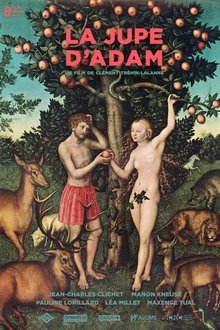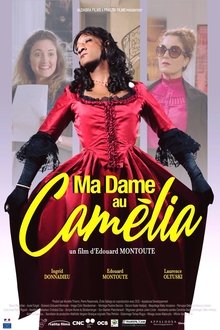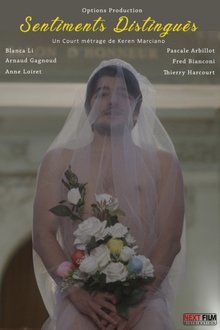Two adventurous women in love are desperate to have their own biological child. They take a chance on an experimental scientific process and make sperm from their own stem cells. Pregnant with humor and unexpected twists, their journey ultimately confirms that all life is a gift and all families are crazy.
Related Movies

Chaos By Design (1988)
Controversial director Angela Chan explores the "La Cage Aux Folles" demi-monde that thrives in today's Hong Kong, but which has never before been portrayed in a major movie. Alex To plays a handsome fashion designer trapped in a tangle of ambiguous relationships that becomes even more complex when he falls for a beautiful D.J. (Cecilia Yip) who, with the help of her best friend (Cherie Chung), is trying to get out of an arranged marriage. This film looks and sounds like a comedy, but has some serious comments about a veiled segment of Hong Kong.
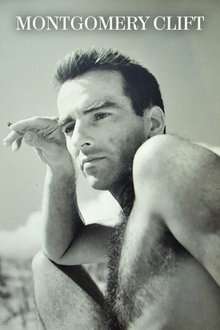
Montgomery Clift (1983)
A documentary incorporating footage of Montgomery Clift’s most memorable films; interviews with family and friends, and rare archival material stretching back to his childhood. What develops is the story of an intense young boy who yearned for stardom, achieved notable success in such classic films as From Here to Eternity and I Confess, only to be ruined by alcohol addiction and his inability to face his own fears and homosexual desires. Montgomery Clift, as this film portrays him, may not have been a happy man but he never compromised his acting talents for Hollywood.
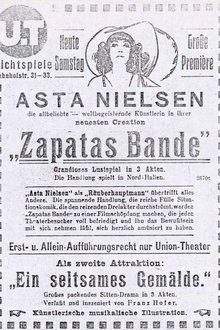
Zapata's Gang (1914)
Comedy about a film crew shooting a movie about guns and robbers, when real robbers turn up. Having to go home in robbers costume, they are mistakingly accused. In the end the real robbers are brought to justice. One of the earliest films portraying bisexual characters.
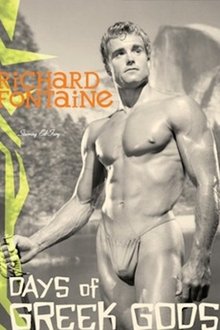
Richard Fontaine's Days of Greek Gods (1988)
Richard Fontaine and Bob Mizer started the current exploration of the male nude in film and photography. The two shared ideas props and models and reinvented some of the sexual icons that we all still recognise today. The gladiator the sailor, the cowboy… Starting with posing-straps and graduating to nudes their "art studies" enlisted the talents of up-and-coming actors and bodybuilders. This film recalls that era.
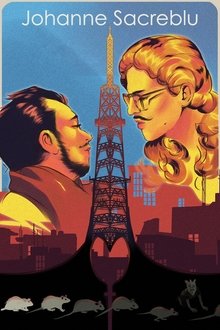
Johanne Sacreblu (2025)
Mexico's response to the French film Emilia Pérez. The real life of French people in a musical made by people in Mexico. It tells the epic tale of baguettes, croissants, stinky cheese, and the difficulties of not taking daily showers.
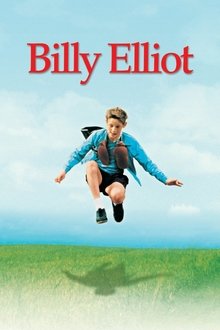
Billy Elliot (2000)
County Durham, England, 1984. The miners' strike has started and the police have started coming up from Bethnal Green, starting a class war with the lower classes suffering. Caught in the middle of the conflict is 11-year old Billy Elliot, who, after leaving his boxing club for the day, stumbles upon a ballet class and finds out that he's naturally talented. He practices with his teacher Mrs. Wilkinson for an upcoming audition in Newcastle-upon Tyne for the royal Ballet school in London.
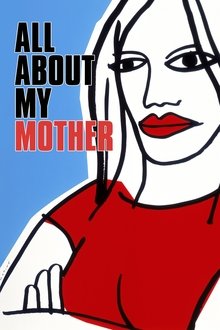
All About My Mother (1999)
Following the tragic death of her teenage son, Manuela travels from Madrid to Barcelona in an attempt to contact the long-estranged father the boy never knew. She reunites with an old friend, an outspoken transgender sex worker, and befriends a troubled actress and a pregnant, HIV-positive nun.
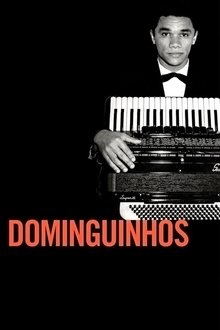
Dominguinhos (2014)
Through rare and precious footages and gigs with great artists such as Gilberto Gil, Gal Costa, Hermeto Pascoal, Djavan, Nara Leao, Luiz Gonzaga, among many others, "Dominguinhos" reveals this genius of Brazilian music, creator of a deeply authentic, universal and contemporary work. The film values the sensory cinematic experience, a journey driven by Dominguinhos his own.

Bollywood/Hollywood (2002)
Rahul Seth is a dashing young millionaire who believes he is "western" enough to rebel against his mother and grandmother. They are not too keen about his Caucasian girlfriend Kimberly who, to make matters worse, is a pop star. Before you can say "karmic intervention," Kimberly dies in a freak accident and Rahul is devastated. Instead of allowing him to mourn in peace, Rahul's mother sees the opportunity she's been waiting for. She threatens to call off his sister's wedding unless he finds himself a "nice Indian girl." Rahul enlists the services of Sue, a fiercely independent escort whom he believes to be Hispanic, and therefore not "married" to the conventions taught to young Indian women. With a wink in her eye, Sue accepts the deal to pose as his Indian bride-to-be. She needs the money and having never been a fan of the typical Indian male, she feels her heart is safe. The charade begins....
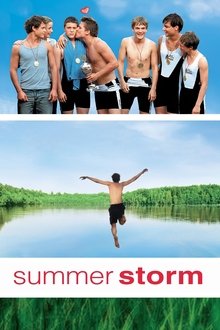
Summer Storm (2004)
Tobi and Achim, the pride of the local crew club, have been the best of friends for years and are convinced that nothing will ever stand in the way of their friendship. They look forward to the upcoming summer camp and the crew competition. Then the gay team from Berlin arrives and Tobi is totally confused. The evening before the races begin, the storm that breaks out is more than meteorological.
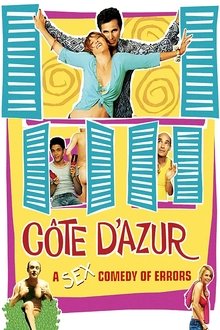
Cockles and Muscles (2005)
Crustacés et coquillages is a fresh French comedy film with numerous surprise turnarounds and about the tolerance of a family of four. The family spend an idealistic summer vacation together where each of the family members gets involved in a new or old relationship.

Raising Arizona (1987)
When a childless couple—an ex-con and an ex-cop—take one of a wealthy family’s quintuplets to raise as their own, their lives grow more complicated than anticipated.
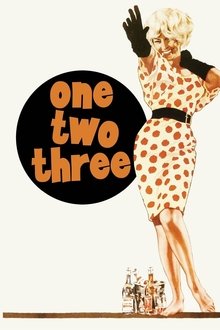
One, Two, Three (1961)
In Cold War-era West Berlin, American Coca-Cola executive C.R. 'Mac' MacNamara is tasked with playing babysitter to his boss' spoiled 17-year-old daughter Scarlett, who proves more difficult than anticipated when she reveals that she is pregnant by a Communist.

Bend It Like Beckham (2002)
Jess Bhamra, the daughter of a strict Indian couple in London, is not permitted to play organized soccer, even though she is 18. When Jess is playing for fun one day, her impressive skills are seen by Jules Paxton, who then convinces Jess to play for her semi-pro team. Jess uses elaborate excuses to hide her matches from her family while also dealing with her romantic feelings for her coach, Joe.
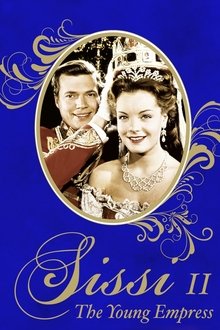
Sissi: The Young Empress (1956)
Sissi is now the empress of Austria and attempts to learn etiquette. While she is busy being empress she also has to deal with her difficult new mother-in-law, while the arch-duchess Sophie is trying to tell the emperor how to rule and also Sissi how to be a mother.
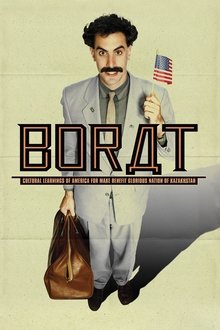
Borat: Cultural Learnings of America for Make Benefit Glorious Nation of Kazakhstan (2006)
Kazakh journalist Borat Sagdiyev travels to America to make a documentary. As he zigzags across the nation, Borat meets real people in real situations with hysterical consequences. His backwards behavior generates strong reactions around him exposing prejudices and hypocrisies in American culture.

